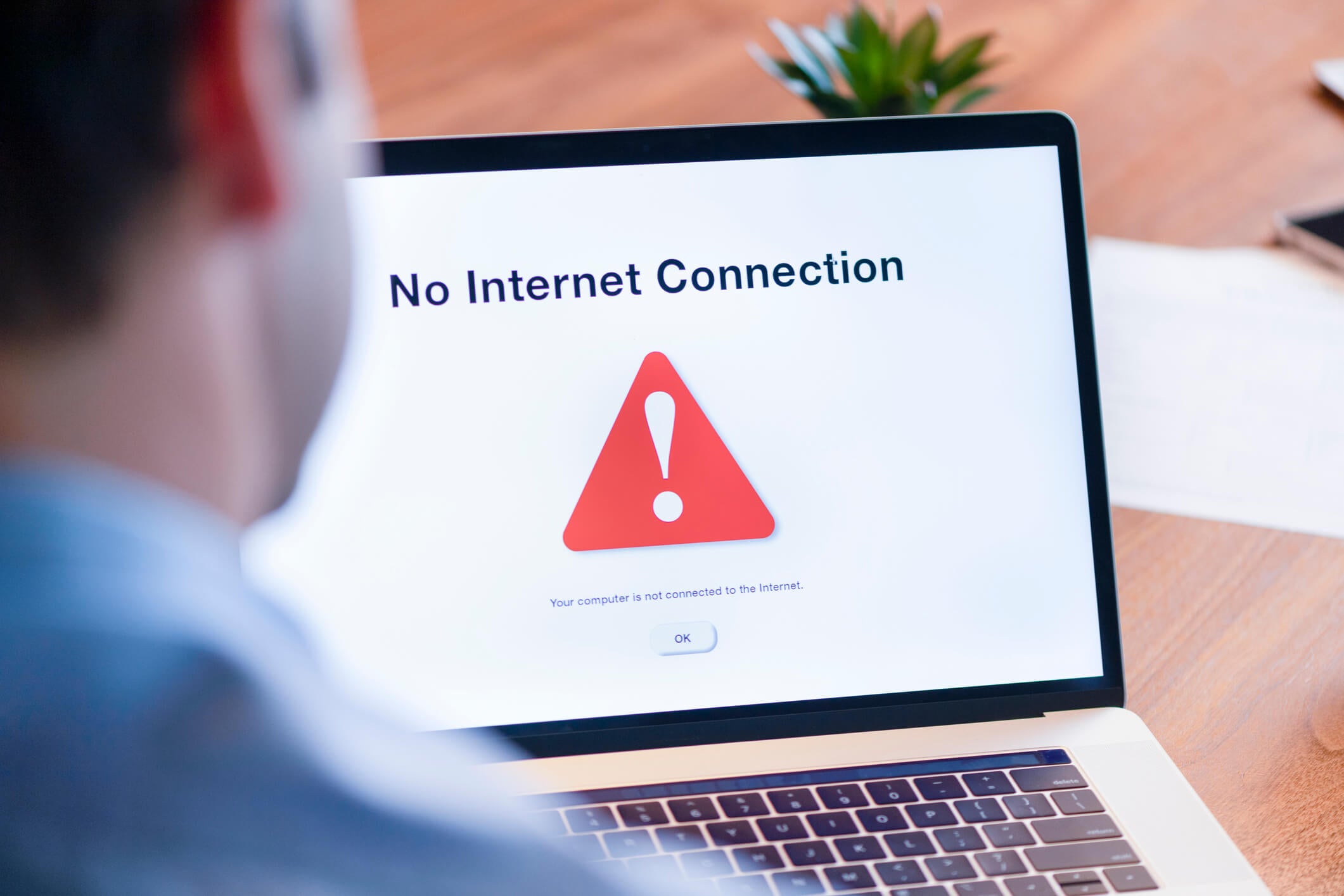
I was driving to pick up my dog the other day from his kennel stay. We had been away on a holiday and the dog was booked into his doggie hotel. Halfway there, and being purely reliant on digital maps, the maps stopped navigating. Maybe I lost the signal or maybe there was no signal in that area, but I ended up driving around for an hour. The journey should have been 15 minutes. Finally, the maps directed me to the street I was trying to find … and it was the wrong street. The outcome is that I had driven half an hour north and then been directed half an hour south to the wrong street. I was not happy.
Another thing happened. Launching a book, the queue was phenomenal. My manager had set up a sale of the book, taking orders as each person reached the front. The system used an online point of sale which, as it turned out, could not get online at that moment, as there was no signal. The queue got bigger and bigger, and no orders were being taken. The outcome was that we had to give the books away.
Then, this morning, I wake up and suddenly the WiFi just stopped. No email, no facebook, no Instagram, no TikTok, no nothing. It kind of feels like you’ve been thrown off the planet. Where is everybody? When the network fails, you are left in a real world desert.
These examples are as true at a personal level as at a business level. By way of example, what does it do to a bank when their systems are down? For some, like TSB after their terrible systems upgrade, it costs millions; for others, such as the Aussie banks who went down in February, it’s a massive embarrassment.
We depend on our digital life so much that, when it fails, it is awful. It’s like getting a car and the car doesn’t start or arriving for an air trip and the plane is not there.
In some ways, especially in finance, it’s worse. By way of example, you click to make a payment and the screen freezes. Do you pay again? What happens if you pay twice? This happened to me recently in real life where, checking into a hotel, they said the payment had not processed and to re-enter my PIN. It turned out that I paid twice, as the first payment had been successful. It was just that their systems and WiFi was rubbish.
In all of these cases, what it demonstrates is our reliance on a workable system which, if it does not work, has no backup. What happens if the system is down? How quickly can it come back up? What is the bank’s responsibility for such outages?
This question comes up regularly – most recently in Australia – and my impression is that we are getting into a digital mess. The Aussie issue was caused by Data Action, a software company which provides online banking services to many newer “challenger banks”, according to iTnews. Whether it was or was not, who is accountable? Who do you call when your bank account is not operable? What compensation is due for such an outage?
To put this in a total context, imagine if you are moving house and completion is on the day of the outage of your bank. The fact that you could not complete the house move, due to your bank’s digital issues, is whose fault? Or, even worse, who is accountable if the payment is made into the wrong account.
We live in a world where our reliance on the internet is 100%. When the network fails, what do you do?
Chris M Skinner
Chris Skinner is best known as an independent commentator on the financial markets through his blog, TheFinanser.com, as author of the bestselling book Digital Bank, and Chair of the European networking forum the Financial Services Club. He has been voted one of the most influential people in banking by The Financial Brand (as well as one of the best blogs), a FinTech Titan (Next Bank), one of the Fintech Leaders you need to follow (City AM, Deluxe and Jax Finance), as well as one of the Top 40 most influential people in financial technology by the Wall Street Journal's Financial News. To learn more click here...

